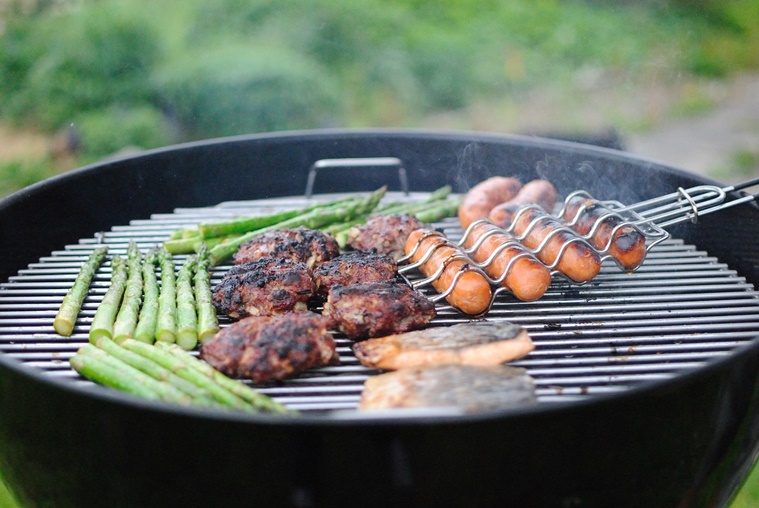Keep a standard of hygiene in the kitchen during the monsoon and prevent the food from getting rotted.
Monsoon exposes us to a lot of germs and bacteria which leads to an increase in diseases. Food being one of the primary causes of contracting diseases requires essential care when it comes to preparation and hygiene. Keeping your food safe is as good as keeping yourself safe.
Hence, we are here with some safety tips for fresh fruits, cooked and uncooked food that will help you monitor your actions and reduce the risk of contracting diseases. Here are five things you need to pay attention to, according to Grow with Kimaye, INI Farms.
Monsoon calls for a little extra care and hygiene. The season brings a number of harmful viruses and bacteria that can hamper your health. It is crucial to pay extra attention to not just self-hygiene, but also how well you manage your food. Fruits and vegetables are highly prone to mould and fungus. So, ensure you buy fresh fruits and veggies and wash them thoroughly, no matter how well packaged they are.
• Cook consciously
Cook your food well and slow to ensure that it’s safe to consume. Cook it in smaller amounts and consume it fresh. Wash green leafy vegetables with salt water before cooking as it clears out germs and bacteria. Avoid consuming raw and deep-fried food from the outside as you may not be aware of the hygiene and cooking precautions taken.

• Do not leave the leftovers
Storing cooked food items, the right way is a must during the season. It’s easier for mould to grow on cooked food as they survive on the moisture in the atmosphere. So, it’s imperative you eat freshly cooked food during the monsoon, and store the leftovers in the refrigerator as early as possible. Pack it in proper containers with tight lids to prevent contamination.
• Keep your refrigerator clean
While we often stuff our refrigerator with a lot of food, it’s essential to take care of its hygiene as well. An unclean refrigerator may only degrade the quality of food stored, so clean it once in two weeks. Avoid storing food that’s partially rotten or throw out anything that leaves an unpleasant odour. Make sure you don’t overfill the refrigerator as it may lead to spoilage of fresh produce.

• Give it some space!
Storing food in different compartments helps the air to circulate well which in return may increase its shelf life. Use a clean cloth or paper bag to store different fruits and vegetables separately. Keep the raw meat frozen and ensure there’s enough space between all the items stored.
Another key to ensuring maximum food safety is to order quality-driven fresh produce. This saves you the hassle of worrying about bacteria and even harmful pesticides. Take one step towards a healthier you, by making the most of these simple, easy and effective methods to food safety.





































